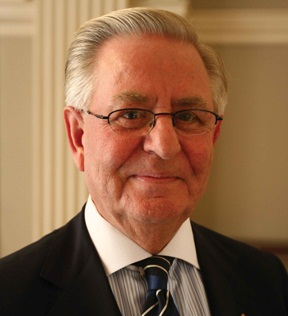By Rania Al Malky
The world has been watching in amazement as two men claimed a right to the top job in a fellow African country, the conflict-plagued Ivory Coast.
Clashes have broken out between armed police loyal to the incumbent Laurent Gbagbo and supporters of his rival Alassane Ouattara, who both claim to have won last month’s disputed election. Both have declared themselves president and both have even appointed two different prime ministers. Ouattara has the support of the international community including both the United Nations and the United States, while his opponent has been in power since 2000 and his regime will likely face US sanctions if he refuses to step down within a few days.
Interestingly, it was the official electoral commission that had announced Ouattara’s triumph in the November 28 elections. Analysts say that the situation has reached a dead end until one of the men accepts defeat.
So what does all this have to do with Egypt? Obviously nothing.
Despite having only gained its independence from France in 1960 and experiencing two coup d’etats and a civil war over the past 50 years, this West African country, with a population of about 20 million, has actually managed to undergo fair elections supervised by a truly independent elections commission, which as far as it appears was not coerced by the sitting president who has complete monopoly over the armed forces, according to news reports.
Clearly this has nothing to do with Egypt. Unless we encounter a complete overhaul of the current regulations governing presidential elections in the months leading to the much-hyped 2011 poll, then the likelihood of an Ivory Coast scenario taking place here is a definitive nil. The remotest possibility of any real competition between the National Democratic Party’s candidate whose identity we all know but dare not utter, and any other candidate who believes for one second that he is partaking in a democratic process is also a definitive nil.
Much-lauded by its 30-year-old regime for its stability, our beloved cradle of civilization will prove to the world once more that Egypt is the paragon of stability in this shark-infested Middle East battle ground. As the legislative elections have shown us, unanimity is our specialty and consensus is our national trait.
To all those in power who are unsettled by what happened in the Ivory Coast or even about the recently announced alternative/parallel People’s Assembly, which has emerged as the voice an opposition that has been seriously disgruntled for decades, rest assured change is not imminent.
All hail Egypt’s stability.
Rania Al Malky is the Chief Editor of Daily News Egypt.


